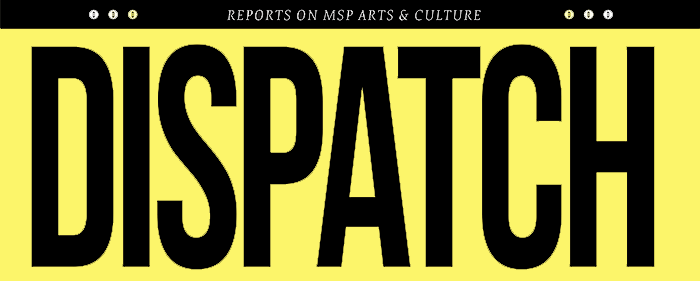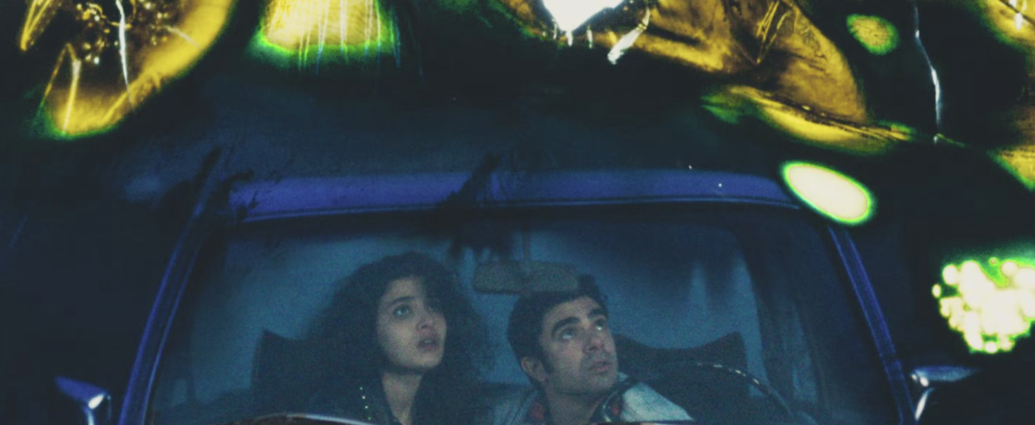By Sanaphay Rattanavong
Mizna’s 16th annual Twin Cities Arab Film Festival’s (TCAFF) theme is “Life in Diaspora.” While the diaspora is something always central to SWANA (Southwest Asian and North African, a term emphasizing the geographical regions’ diversity over against colonial homogenization) artists, it’s emerged as a top theme for many SWANA filmmakers recently.
“When you’re programming, it goes both ways,” Ahmed AbdulMageed, TCAFF’s film programs coordinator, explains from his residence in Egypt. “When you’re watching the films, sometimes you have something in mind that you want to cover, but then sometimes it’s the other way where the films just give you a common theme between them where they speak to one another.”
While some of the filmmakers are from the United States, most reside in the SWANA region or Europe. “Even if they’re living in the U.S., there are always connections to where their families are from. Diaspora is always intrinsic to the world,” AbdulMageed says.
The festival will feature a mix of films and documentaries, sometimes paired with shorts. “We like to pair one or two shorts with features where we see some connection or where they speak to one another in a way,” AbdulMageed says.
Of geographic interest within the context of the SWANA diaspora, AbdulMageed points to Mariner of the Mountains, in which a Brazilian filmmaker with an Algerian background goes back to Algeria, describing it as “a documentary, but very personal.”
Ancillary or parallel themes include the echoes of specific events and larger forces, particularly in the Levant. AbdulMageed says the films from or about Lebanon explore the deepening and ongoing economic crisis in the region and the ways in which people had to leave the country.
AbdulMageed also pointed to a Palestinian film called Foragers, which he described as “an environmental documentary about the Israeli crackdown on foraging of native plants in occupied Palestine,” a traditional Palestinian practice that is not unlike most traditional food cultures the world over.
As a legacy of the early days of the COVID pandemic, this year’s TCAFF will include virtual viewing access, wherein nearly all of the screened films will be available online, in part because AbdulMageed liked expanding into states and regions where fewer Arab films are covered or presented.
In addition to TCAFF, Mizna puts on a separate monthly film series every fourth Wednesday at The Trylon Cinema, which runs on a hybrid model: live screening on Wednesday, with the film available for online viewing for the remainder of the week. The film series offers a broader array of time periods, while the festival focuses on newer pieces.
Opening night will be at the Walker Art Center for a screening of Memory Box, where one of the two directors, Khalil Joreige, will be in attendance for a talk and post-viewing Talk Back session. There will be an opening reception at the Walker ahead of the screening.
The remainder of the in-person screenings will be held at Trylon, and the finale will be an outdoor closing event including a plein air screening (weather permitting) and food.
WHEN YOU GO
September 28–October 2
Trylon – Walker Cinema – Online
All-Access Pass: $100
All-Access Passes include tickets to the opening and closing night films and events.
Virtual Only Pass: $60


Comments are closed, but trackbacks and pingbacks are open.